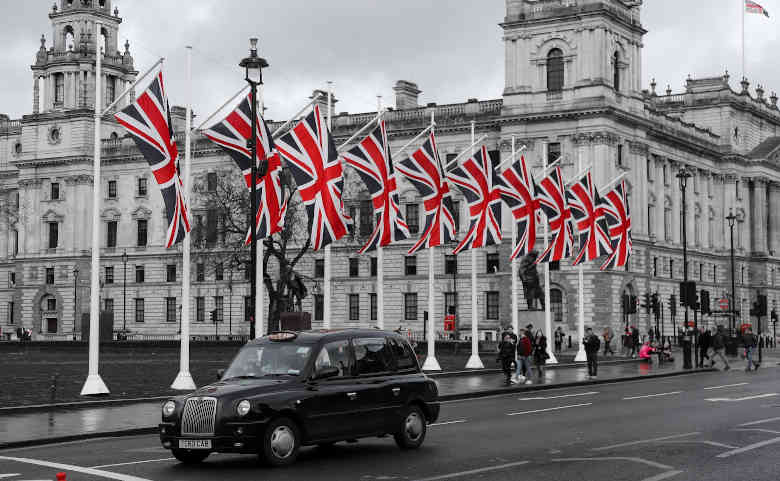The Telegraph, January 24, Professor Robert Tombs
n unusual event will soon be taking place in Cambridge: a hearing in the beautiful chapel of Jesus College by the Consistory Court of the Diocese of Ely. The College has petitioned for a “faculty” (an authorisation) to remove from the chapel a prominent and artistically important memorial to one of its major benefactors, Tobias Rustat. He was also a significant benefactor of the University, and has a Cambridge street named after him.
I hope to be able to attend as an interested observer. Partly, I admit, because of the picturesque nature of the event – an archaic procedure in which the 17th century will be colliding with the 21st. More seriously, because matters of ethics and politics that have become increasingly contentious will be discussed calmly and thoroughly by qualified people. Among them will be the Regius Professor of Moral and Pastoral Theology at Oxford, and a former Director of the Institute of Historical Research in London.
There could not be a sharper contrast with the anarchic wrecking of the Colston statue in Bristol, or the shrill demands that “Rhodes must Fall” in Oxford. But the issues raised will be similar. Rustat invested in the 17th-century Royal Africa Company, which traded in slaves. Central here is the question of what, if anything, 17th century slavery has to do with us today, and why a long extinct trade in people is being promoted as a defining symbol of our – and Western – society. Also at issue is our relationship with the past. Can we honestly judge the dead by our own sometimes very recent standards? Who are those who claim to sit in judgment, and why?
Click here to read the piece in full.

